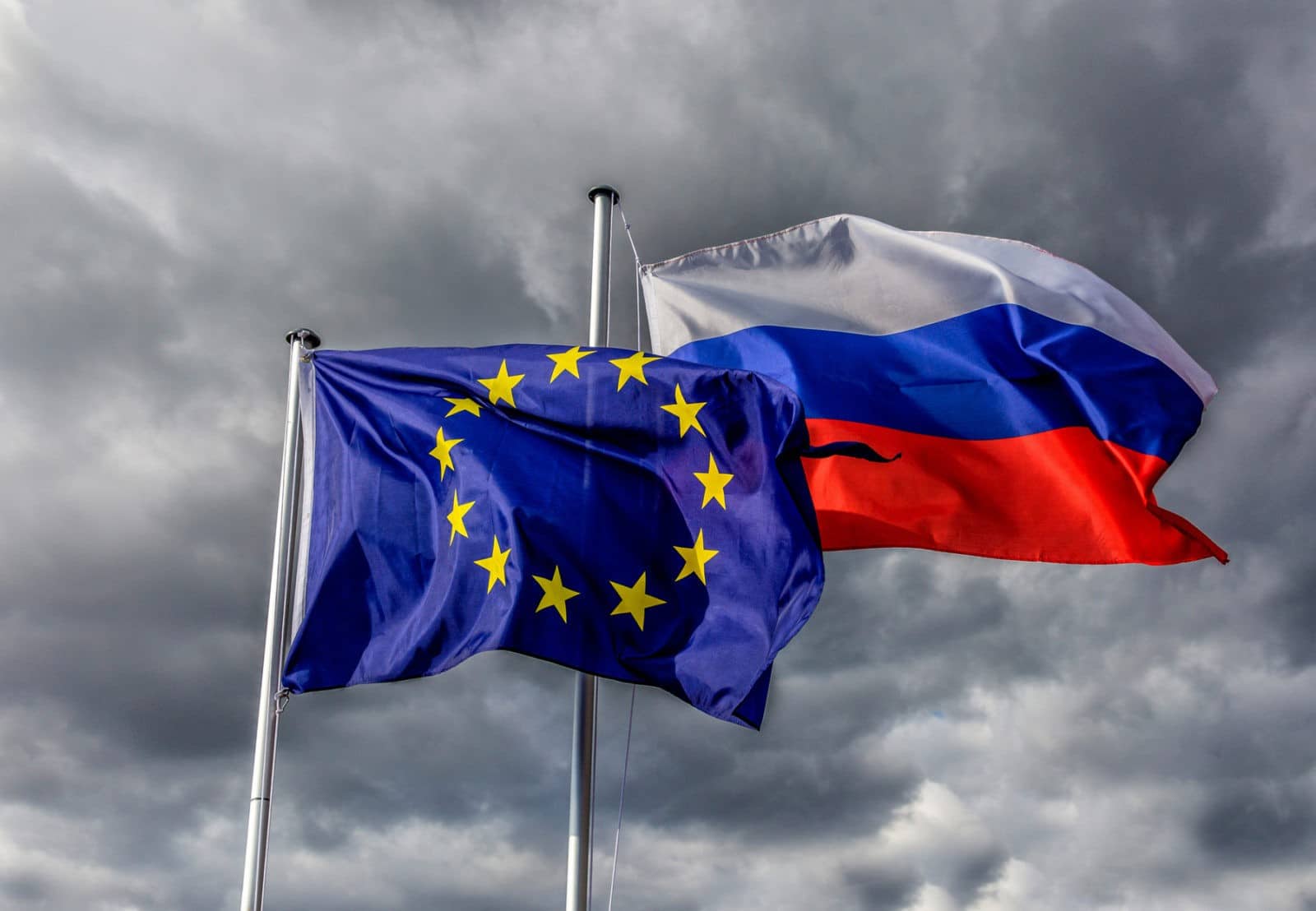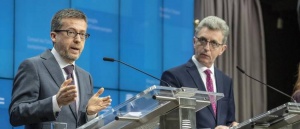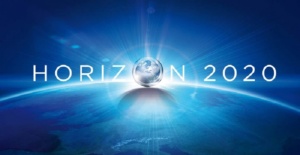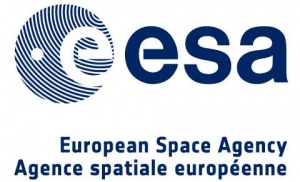Due to Russia’s military invasion of Ukraine, European universities and scientific organizations suspend most research projects with Russian partners.
Mariya Gabriel, EU commissioner for research and innovation: “I have asked my services to suspend any payment to Russian entities under existing contracts.”
Thus, the European Commission suspends the process of financing Russian institutions involved in European projects. Also, the European Union does not launch any new projects with Russian universities, researchers, and companies.The European Commission has also decided to stop preparation for grants agreements within the Horizon program, in which 5 Russian research organizations participated.
Germany and Denmark are the first European countries to declare a blanket ban on research cooperation with Russia. Poland also called on its universities and research institutes to suspend any scientific cooperation with Russia’s government organizations and countries that support the Ukraine invasion.
Poland rectors’ conference and the Academy of Sciences: “We are of the opinion that the necessary condition for the continuation of cooperation of the scientific community must be mutual trust, respect for academic values and peaceful use of the results of joint research, as well as unequivocal recognition of the sovereignty and territorial integrity of Ukraine.”
There are still disputes about further scientific cooperation with Russian researchers and organizations in the rest of the EU countries.
Mariya Gabriel is the Commissioner for Innovation, Research, Culture, Education, and Youth, responsible for Horizon Europe, Creative Europe, and other related programmes made statements about further cooperation with Ukrainian partners. She reaffirmed the EU’s commitment to helping Ukrainian scientists and researchers participate in Horizon Europe and Euratom. Ukraine signed the Horizon association agreement in October but has yet to complete the national ratification process and notify the Commission. Gabriel said that in the absence of that, the Commission has “taken administrative steps to ensure that successful Ukrainian beneficiaries can receive funding from the EU R&I programmes.”
The European University Association (EUA) advised its members to “verify and ensure” they engage in new cooperation projects only with Russian organizations which are committed to “shared European values.” This organization includes 16 Russian universities.
Moreover, some Russian academics have spoken against the war, despite the government’s crackdown on anti-war protesters. Taking this fact into account, EUA “advises member universities to ensure on a case-by-case basis that the continuation of existing collaborations is appropriate at this time, using national and European-level policy guidance where relevant to assess this.”
Read more
Source: Florin Zubașcu Science Business
Picture: Pexels




